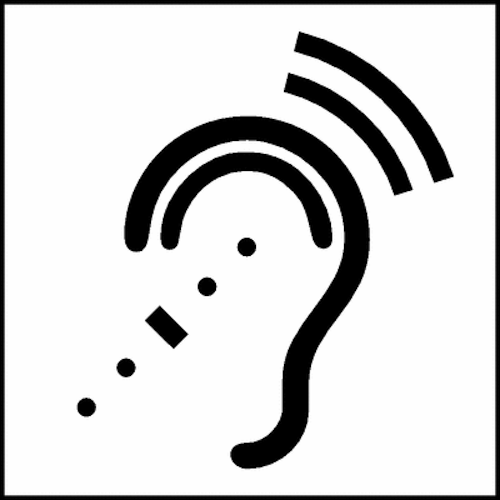
Part 1
Brahma, the Creator, had three groups of offspring: gods, human beings, and demons. After observing great penance and austerity necessary for their spiritual practice, the three groups went to Brahma seeking instruction. The Great Creator instructed them to listen carefully. He uttered the syllable da. He asked if the gods had understood his message. They responded they had. He asked the same of human beings and demons, and they too responded they had understood.
As denizens of paradise, the gods lived in unabated pleasure. They knew no toil, hunger, or suffering. They understood da to mean damyata, restraint. They accepted they had to subdue their senses.
Human beings experienced unequal destinies, some worked hard while others were born wearing lighter burdens. All human beings, however, followed their desire to accumulate and to hoard wealth. They understood da to signify datta, charity. They accepted they had to control their greed by giving.
The demons, known for their cruelty and their propensity to harm others, realized da was dayadhvam, mercy and compassion. They resolved to be more compassionate, and to reign in their anger by practicing mercy.
Thus, the three groups heard the word da, da, da and the answer that corresponded to their task: self-restraint, charity, and compassion.
I have heard this story more than a dozen times. Each narrator makes his or her adjustments within the uncontested skeletons of the story. The ornaments of poetic language are employed in different places and tones, so the focus falls on the role of gods, or the lesson of charity, or the possibilities through compassion. Sometimes repetitions, quotations, and silence detourn the story and it is not easy to read what the story means and what the story becomes through the many repetitions. Translation misremembers its last iteration.
Perhaps my mind was still hearing the echoes of the syllable da in The Waste Land when listening to Lauren Shufran and Juliana Leslie read from their new books at UCSC last week, for the Living Writers Series. The work and working of measure, scape, and testimony in their poems made me think about the listening ear. I almost wrote escape here, instead of scape, which shows perhaps how those in the vicinity of their works are led to think about the concatenating structures that lead a poem through the utterance, through the ear, and into or over to a certain excess or a measure of culpability. Or do I mean responsibility?
What I want to say is the persistent drumming of the heart in our bodies can make us better at listening to someone else's heartbeat.
The hand that sang this song
was also once dramatic
a pilgrim moving into
another shape
stepping forward
in new shoes
taking its name from the discrete
middle arc
a particular detail
in a well-laid plan
a private shadow
asunder in a text–from Julia Leslie's Green Is for World.
To repeat, to translate, and to transform not because but in spite of the great dangers of assuming a position where we leave ourselves vulnerable to falling behind, before, or outside the syllable(s).
My listening ear is fragmented and receives text with fragments of texts.
Poet Tsering Wangmo Dhompa’s parents fled Tibet in 1959. Raised by her mother in Tibetan communities…
Read Full Biography

